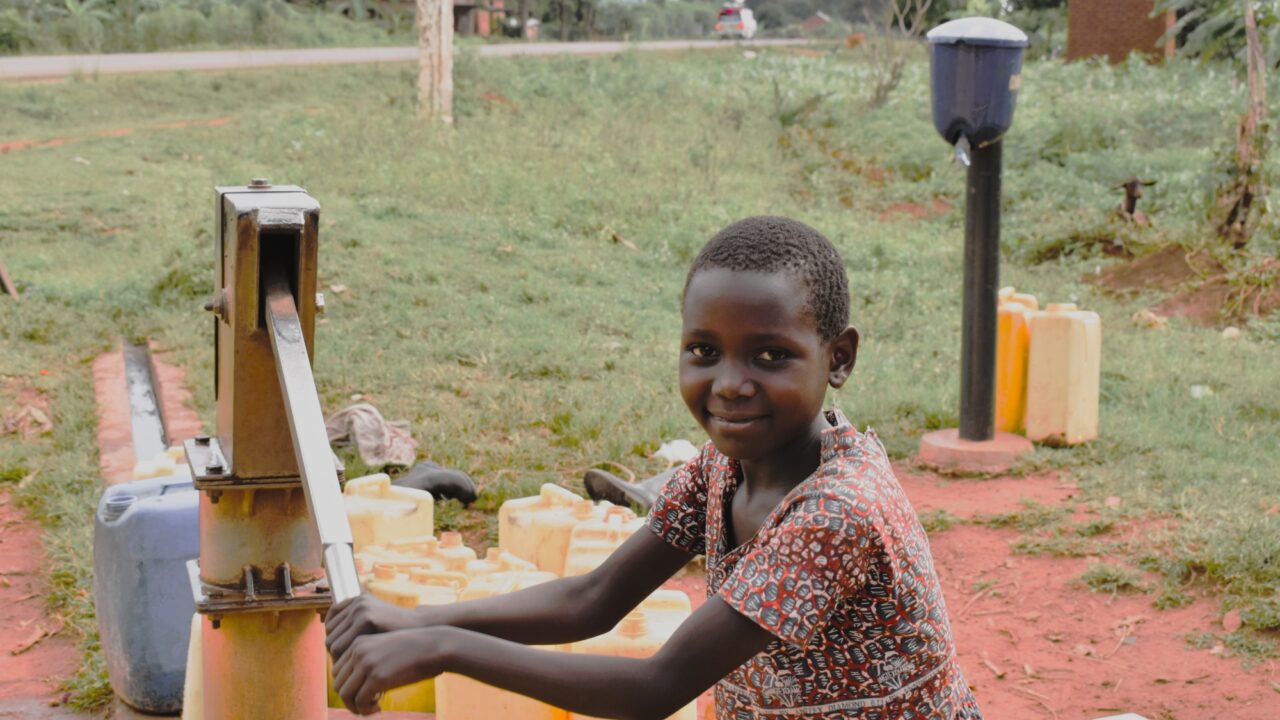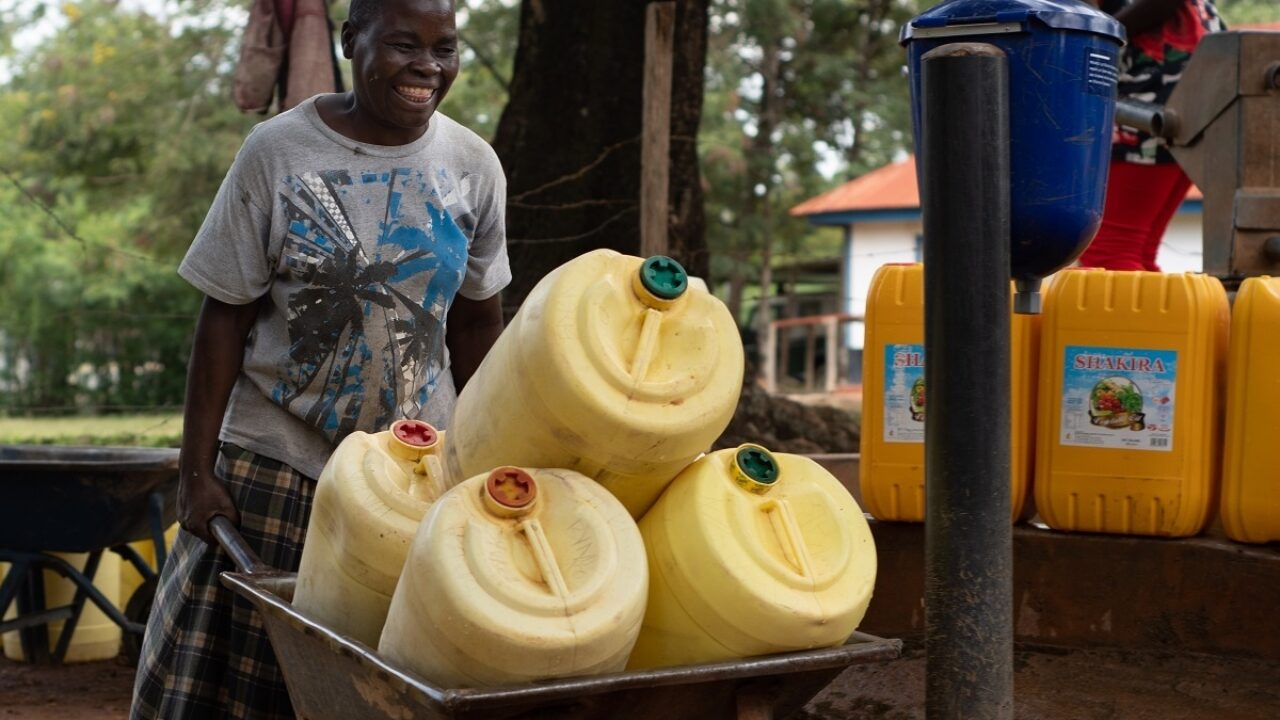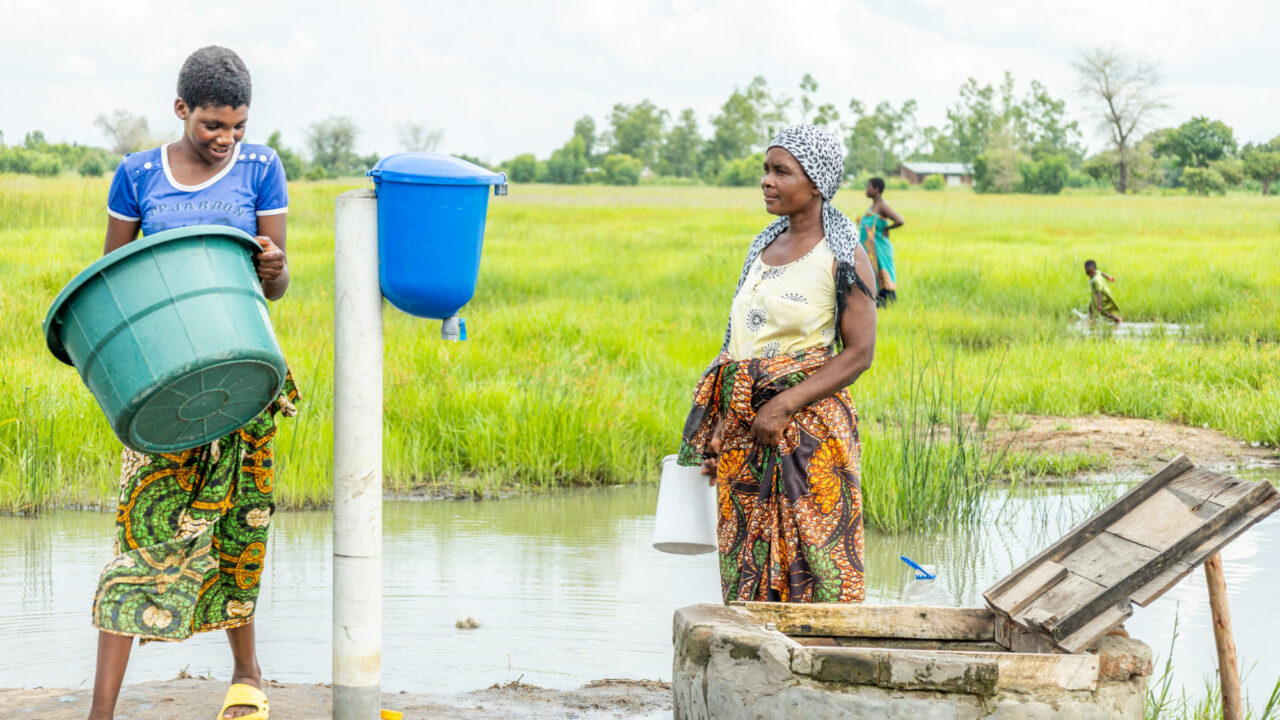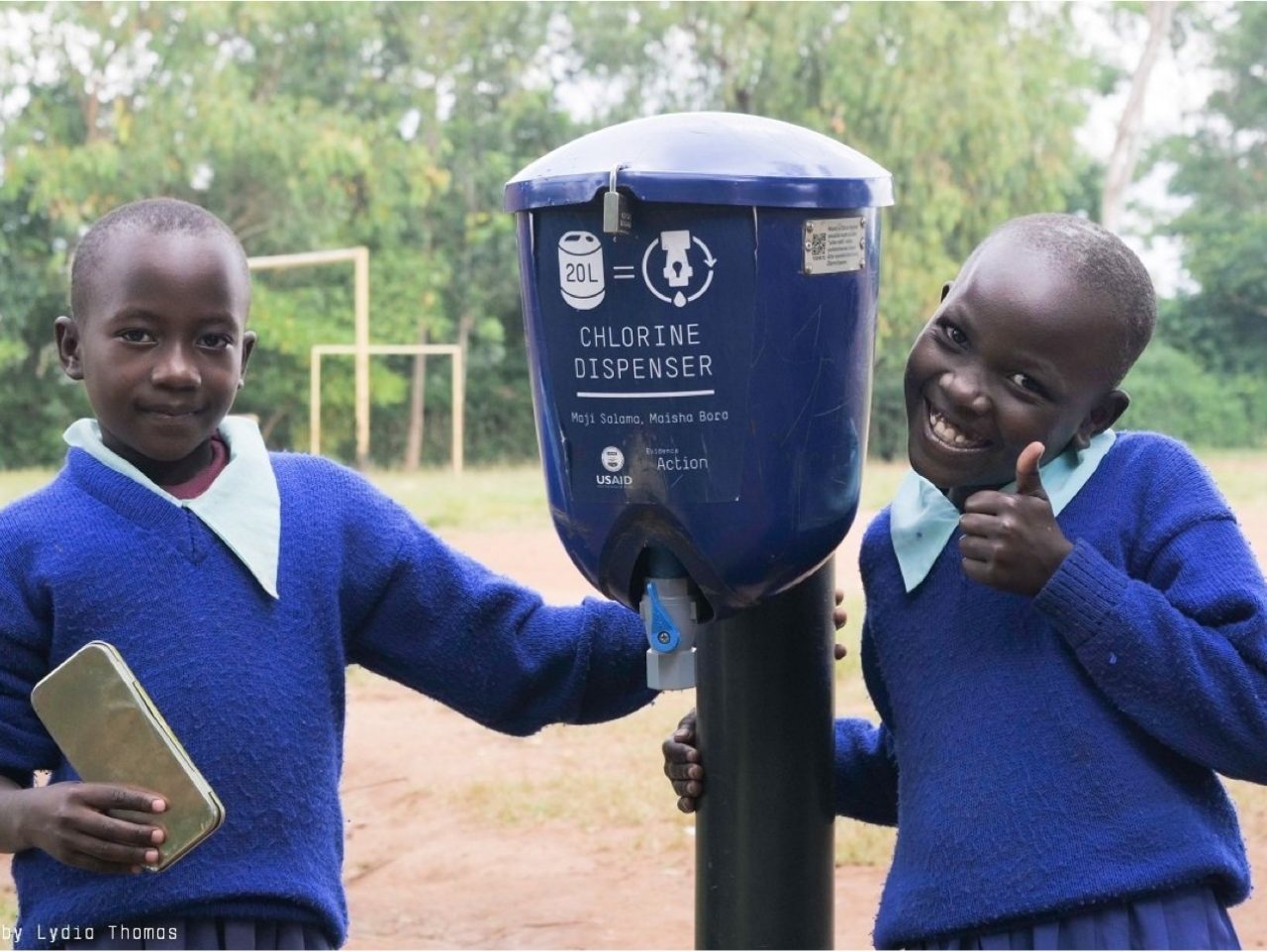
Climate change is exacerbating health crises. We need to act urgently with proven and scalable solutions.
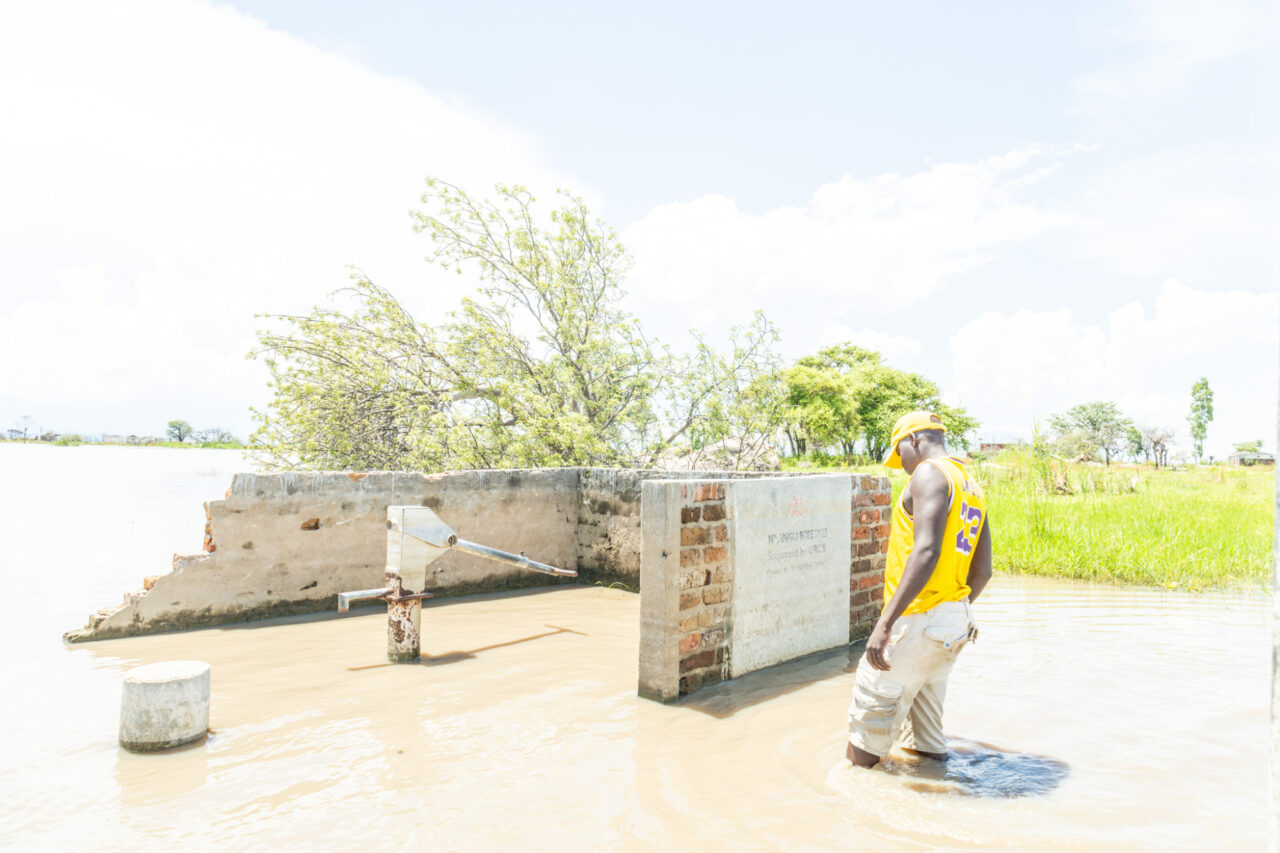
The climate crisis is also a health crisis, especially for people living in poverty.
Climate change is dramatically affecting the health and wellbeing of millions of people around the world. Extreme weather events and rising temperatures are causing waterborne diseases to spike, and food and water insecurity are driving malnutrition and illness. Yet the health impacts of climate change have been largely underfunded. It’s critical that we prioritize scaling sustainable safe water delivery and essential health services – right now – to build resilience for the escalating climate crisis.
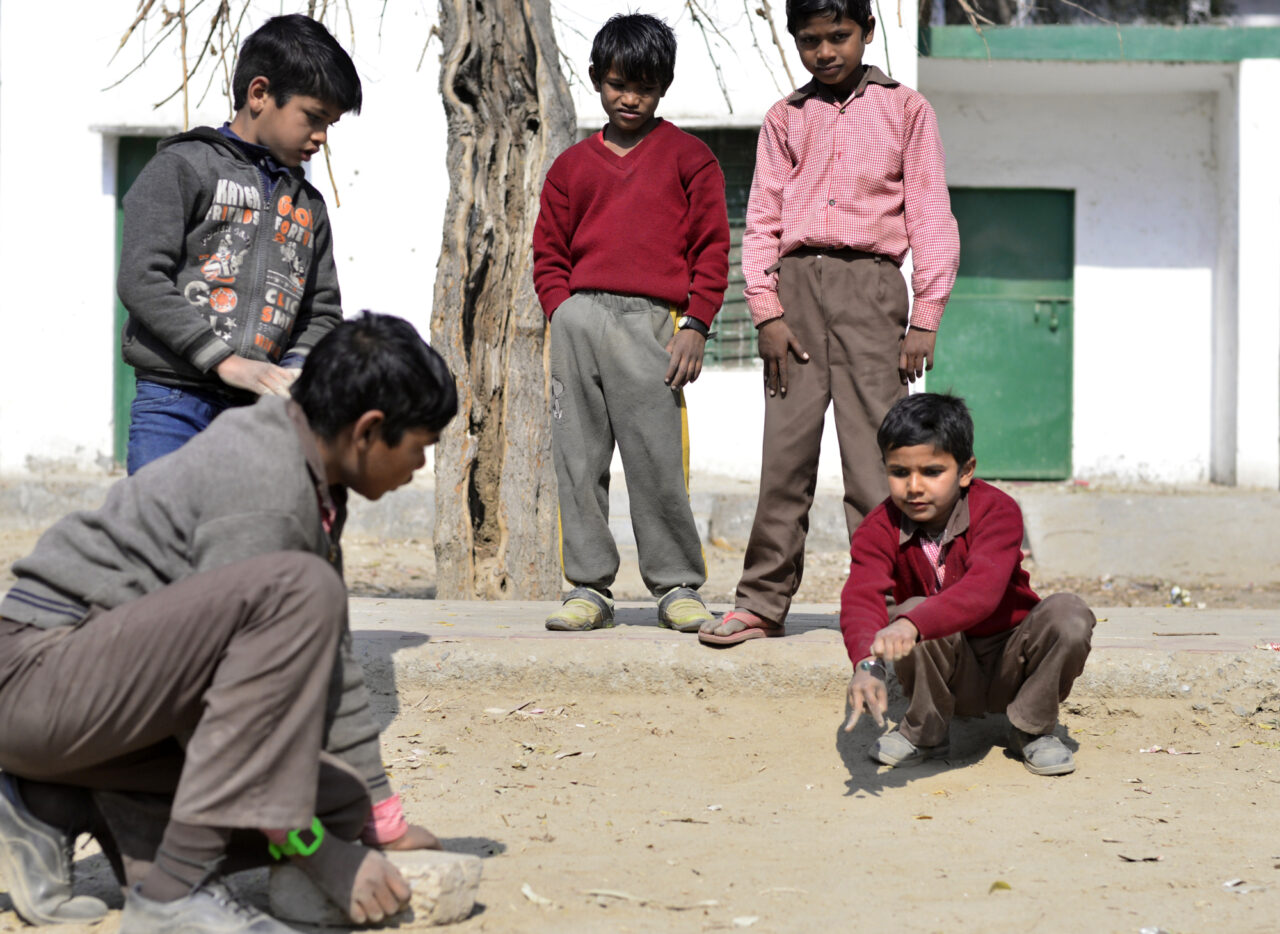

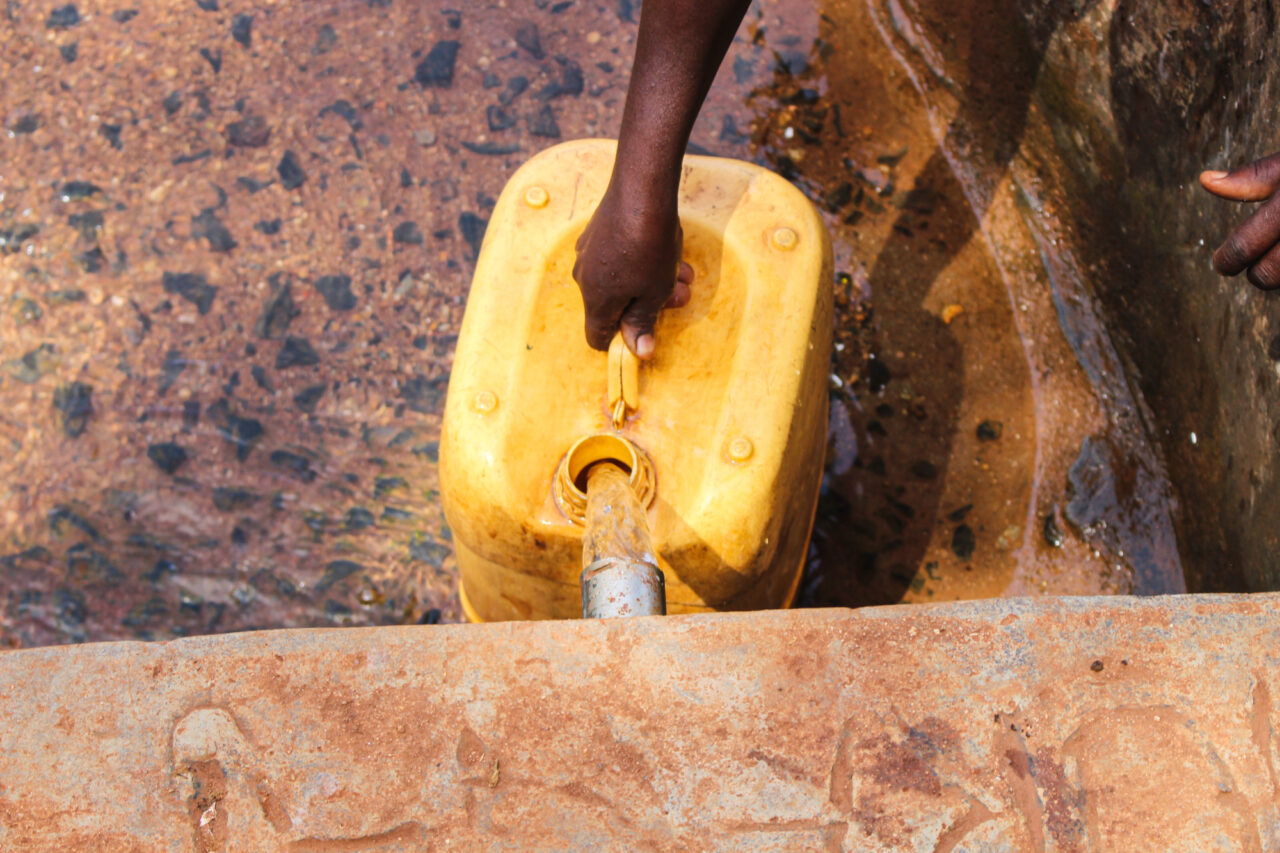
Safe water access faces growing threats – but chlorination is a lifesaving solution
Climate change makes it even harder for millions of people to access safe drinking water. Extreme weather and floods, for example, destroy infrastructure and leave stagnant water – the perfect breeding ground for deadly waterborne diseases like cholera, typhoid, and hepatitis A.
Our Safe Water Now program uses a simple but powerful solution – chlorination. Proven to kill waterborne pathogens, chlorination is critical for controlling disease outbreaks. In fact, it’s a mainstay of emergency responses around the world. In response to bacterial proliferation driven by climate change, the Intergovernmental Panel on Climate Change has specifically called for water chlorination as a climate change adaptation measure. We provide communities with safe water access that can be maintained even in the aftermath of extreme storms – for example, during the recent cholera epidemic in Malawi following Cyclone Freddy.
Read about how we’re safeguarding water in Malawi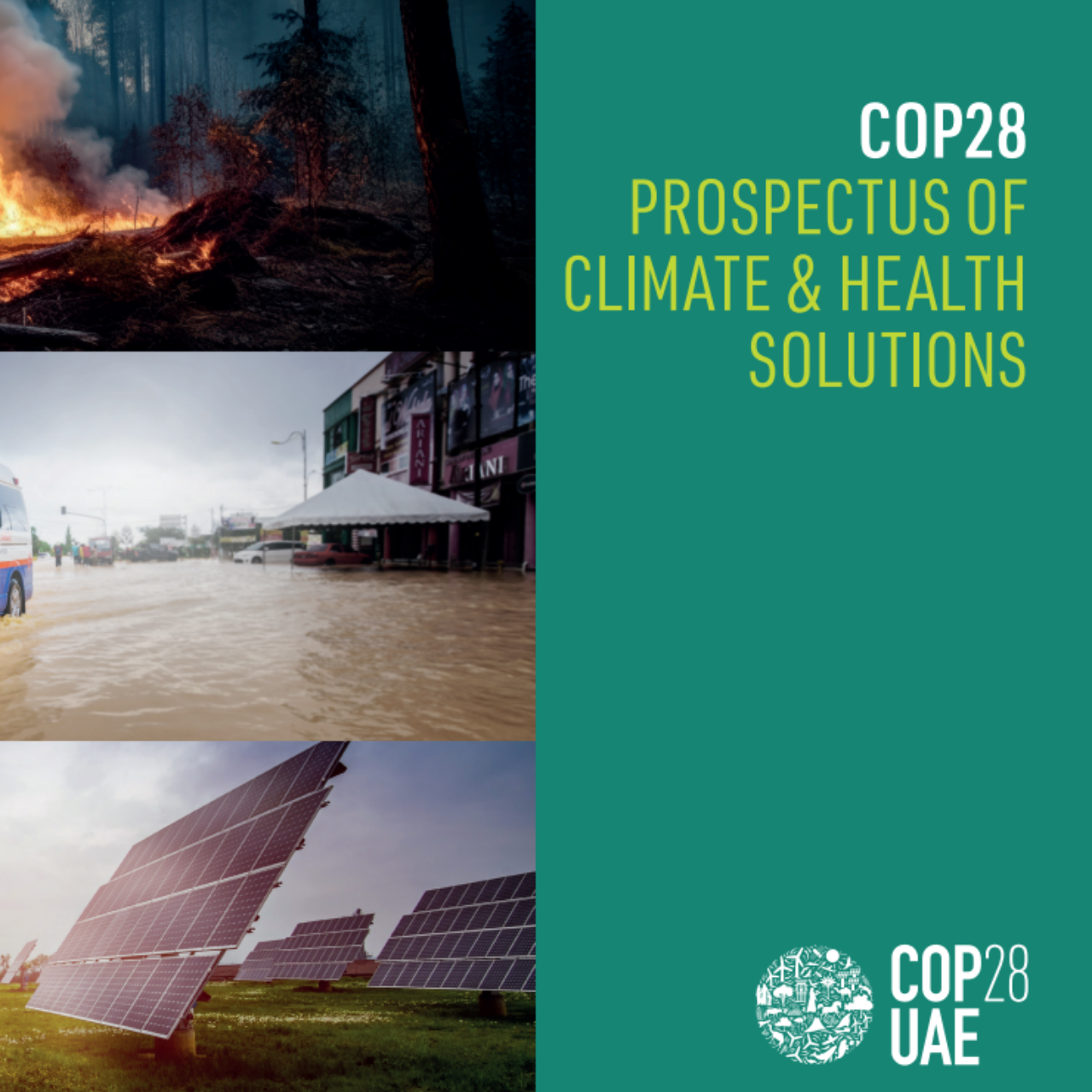
Case study: Next generation chlorine dispensers for safe water
Delivering a climate and health solution at scale in Africa
COP28 Prospectus of Climate & Health Solutions features case study of Evidence Action's Safe Water Now program
The domino effect on human health includes nutritional disorders and challenges that disproportionately impact women and girls
Food insecurity is climbing – with crops not only becoming more scarce, but also less nutritious, driving up nutritional disorders like anemia. And women and girls, who already bear the brunt of health inequities, are vulnerable to distinct threats of climate change, including heightened risks during pregnancy and childbirth.

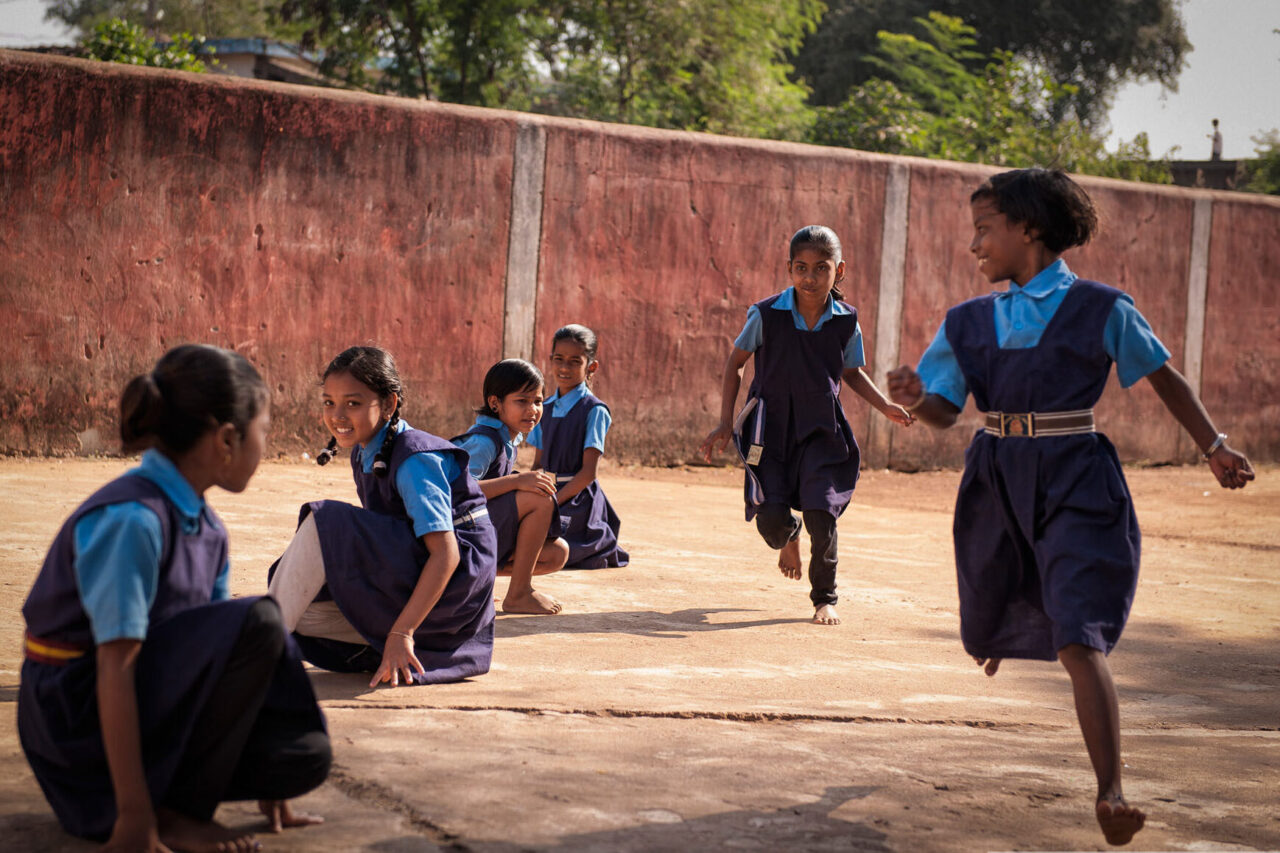
Equal Vitamin Access
Launched
Building climate resilience with evidence-based health solutions
Widespread and acute climate change impacts are putting immense strain on health systems globally. Mobilizing around proven, scalable interventions including water treatment and disease prevention not only enables us to reach those who are most vulnerable, but also helps communities to anticipate, respond to, and recover from climate-related health threats. As the climate crisis escalates, these cost-effective and lifesaving health solutions can help us deliver a healthier future.
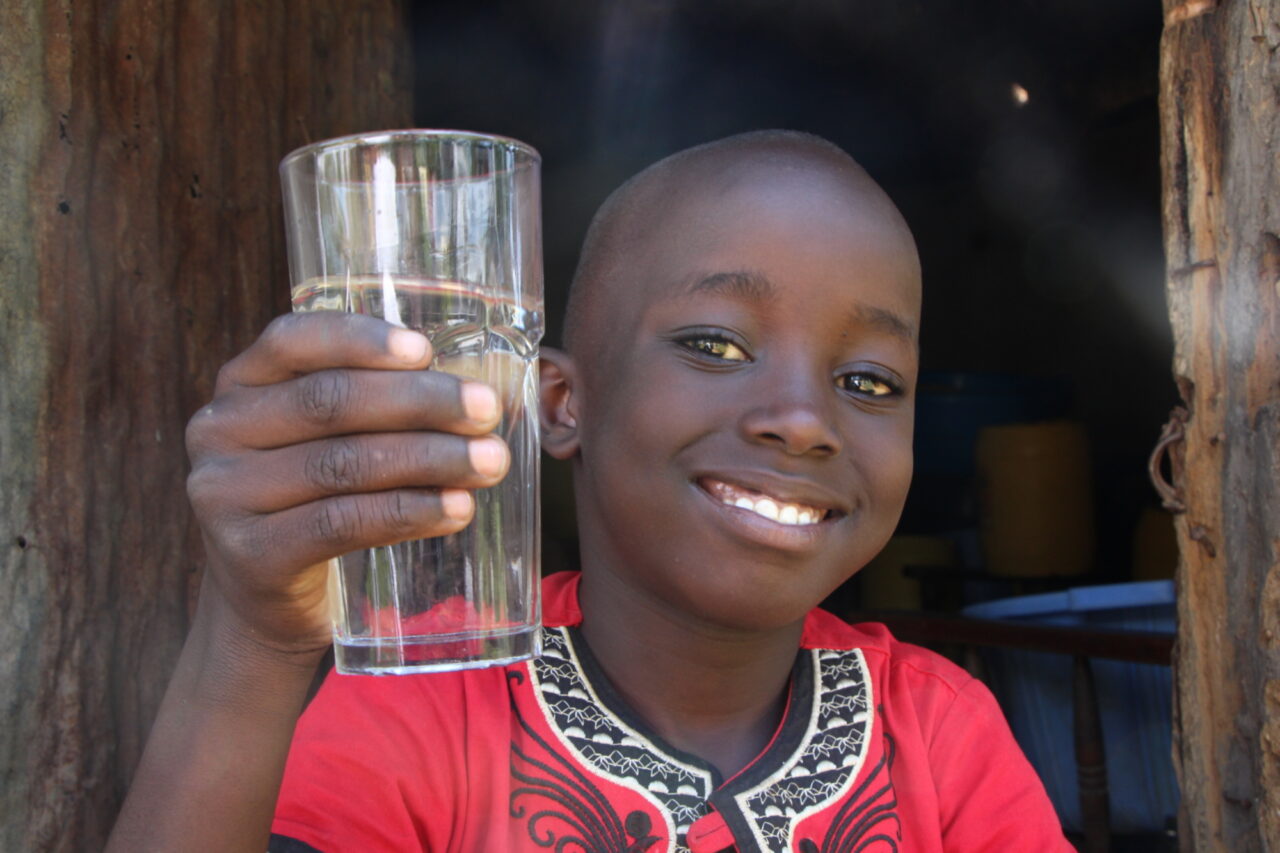
Invest in the most urgent safe water opportunities, improving the health of children and communities.
We’re expanding and scaling water treatment interventions that we know work, and continuing to test complementary ones that can reach even more people.
